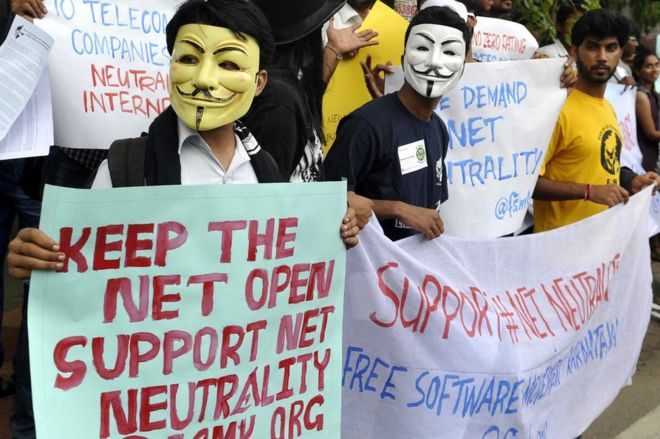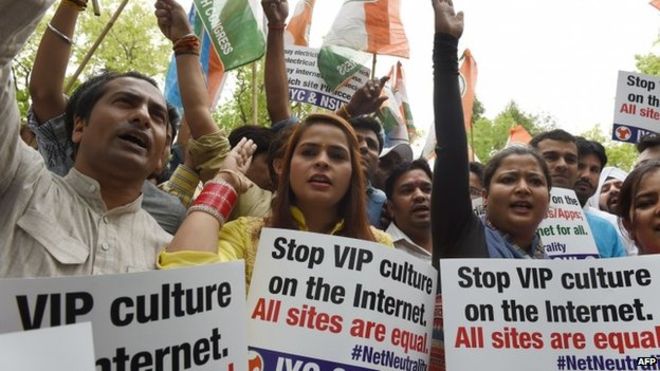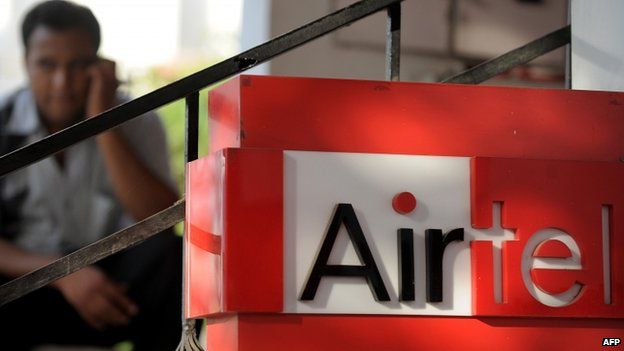India Adopts Strongest Net Neutrality Rules in the World
While America has almost lost their Net Neutrality another powerful nation has adopted the strongest Net Neutrality rules in the world: India. The decision has been made in late 2017, but implementation happens only this year.
The World’s Strongest
India has about 500 million Internet users and there have been lots of support for net neutrality since the global debate about it started. In 2015, India’s net users slowly recognized the importance of net neutrality after Airtel, an Indian telecom company, withdrew plans to add extra charges for internet calls after a backlash that followed the posting of a paper that the Telecom Regulatory Authority of India published. This paper, The Consultation Paper on Regulatory Framework for Over-the-top (OTT) services, seeks to regulate OTT services that provide Internet-based calls and messages, like Skype, Viber, WhatsApp and Google Talk. The major complaint by Telecom companies here is that such apps are muscling into their business without ever investing in networks. This reduces the main revenues of the telecom companies.
The Consultation Paper aims to regulate said OTTs. This is why Airtel announced that they were going to start charging said OTT usage separately. In response to this, Internet users were all up in arms about it. This resulted in the planning and planned the implementation of strong Net Neutrality rules this year as India’s BJP government set up a committee in 2015 just for studying net neutrality.
Free Market
Just like in the US, free-market advocates see this as a violation of their right and claims that there is a possibility that the rules might violate the right to free-market, due to the possibility of over-regulation. The paper itself, The Consultation Paper, views Net Neutrality and having no regulations at all as both extremely flawed. “Banning all discrimination is over-inclusive.”
Net Neutrality
Net neutrality has been on the news since Ajit Pai, current chairman of the USA’s FCC, has argued that Net Neutrality rules are anti-free market and, with the US President’s blessing, planned to repeal Net Neutrality rules. Well, the latest news is that this move has been scrapped by the US and they get to keep Net Neutrality.
Net neutrality isn’t bad: it keeps companies from throttling your internet speeds and makes sure no one is above the other: everyone who pays the same price is given the same service. What you see and pay for is what you get. It, however, makes it hard for new competitors to compete with giant ISPs, while stopping the competition between ISPs in such a way that no ISP can really shine above the other, stifling market growth, if Ajit Pai is to be believed. The concerns of the Indian advocates to free-market in 2015 seems to align with Pai’s concerns, however, and there may be a truth to what he’s saying.
Exceptions
There is, however, a noted exception to the rule. Anything that falls under “critical IoT services” and “specialized service” will be prioritized over everyone else due to the nature of the connection, such as remote surgery or autonomous vehicles, similar to how ambulances are allowed to ignore traffic rules.
So far, because of the backlash in 2015, many believe that the public overwhelmingly supports this, and no one has heard anything against it yet, not even from the free-market advocates. But considering this is just being implemented now, they may be waiting to see what the long-term effects it may have on the public and India’s free-market. It also took some time for the USA’s FCC to gather enough data to be able to tell if the Net Neutrality rules they implemented in the Obama administration is actually beneficial.


